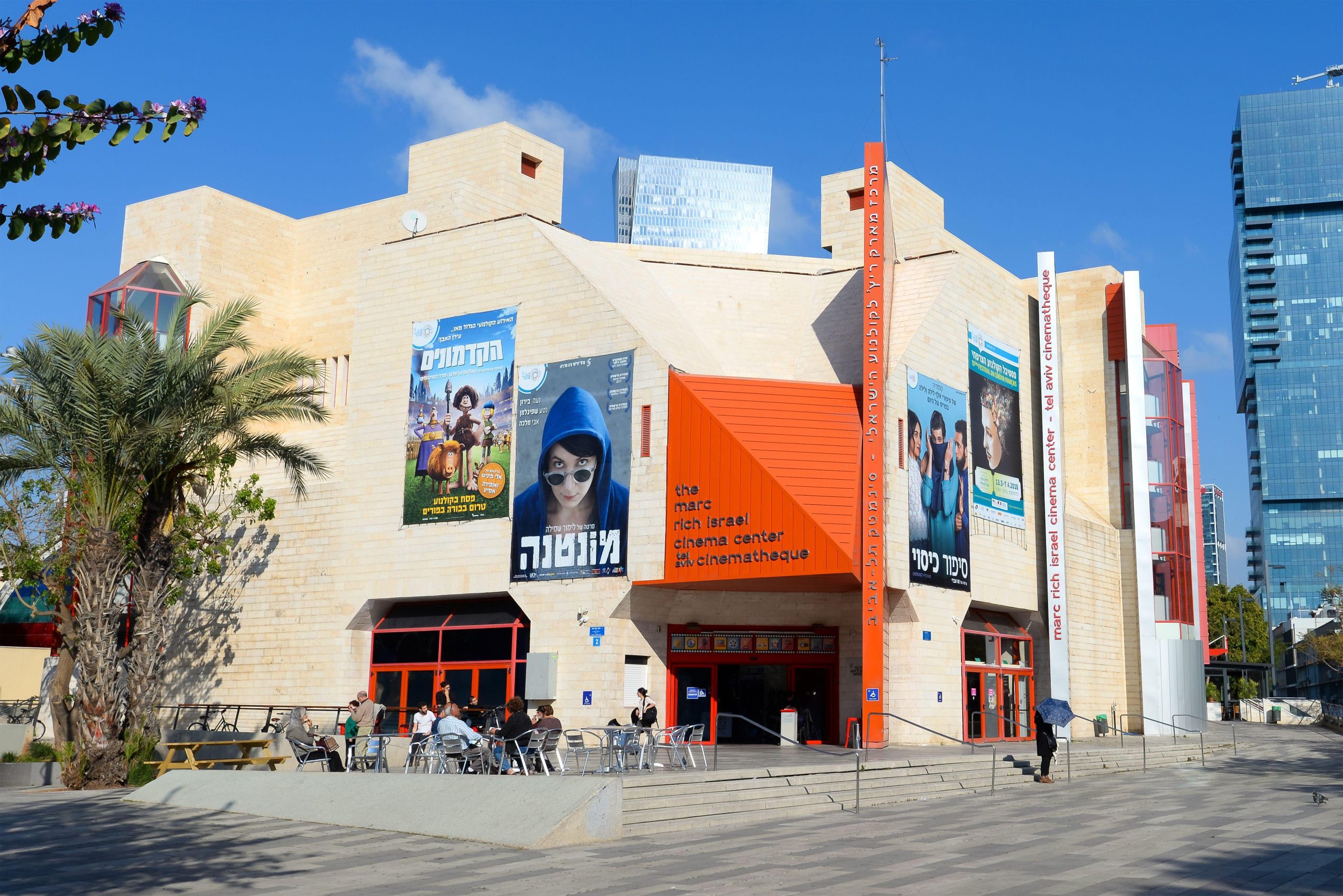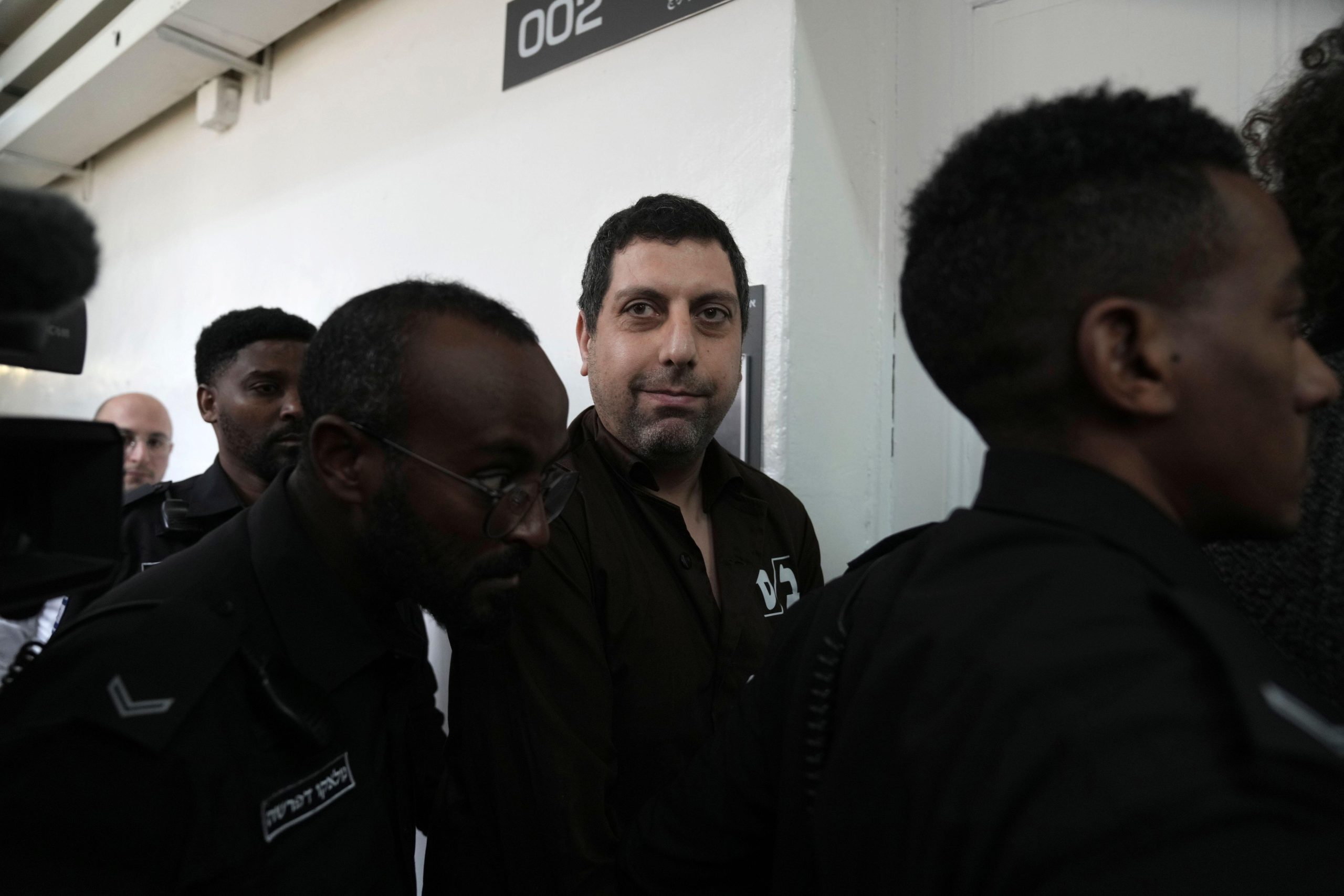Monday 23 January will be remembered as a grim day for freedom of expression in Tunisia.
In addition to the trial of Nabil Karoui, general director of Nessma TV, accused of “violating sacred values” and “disturbing the public order” for broadcasting the film Persepolis, journalists and activists standing in solidarity with the TV station were physically and verbally abused by ultraconservative Islamists.
Zied Krichan, a journalist and and blogger Liliah Weslati were among the victims of such assaults.
Krichan was followed as he walked outside the court where the trial was taking place, insulted, and pushed by protesters. When his colleague Hamadi Redissi tried to defend him, he too was physically assaulted.
Krichan is the editor-in chief of the daily Le Maghreb, which describes itself as a newspaper “against all threats to the modern achievements of Tunisia”. The front-page of its 218th issue, published on 22 January included a photo of Karoui, with the headline “the wrong trial.”
Krichen said he lodged a complaint against those who assaulted him. In an interview with Le Maghreb, he expressed his “astonishment” at the passiveness of the Interior Ministry. ”The slogans that were raised, were raised against me as a journalist; the media is the target of these groups”, he said.
Prime Minister Hamadi Jebali condemned the “violation of the physical integrity of Mr. Krichen”, saying that an investigation will be opened, and that the attacker will be punished.
Liliah Weslati, who was also verbally and physically abused while she was protesting outside the court, described the Prime Minister’s intervention as “excellent”, but said she is looking forward to “concrete acts”.
“I don’t like Nessma TV, and I don’t watch it, but I protested for freedom of speech,” she told Index on Censorship.
Weslati held a banner that read “Even in the Quran Satan had the right to talk”. On two occasions, anti-Nessma protesters forcibly took away the banner from her. Other protesters told her to “go back home”. She was even threatened with death. Aymen Amri, Weslati’s colleague, was also attacked as he attempted to videotape the way she was mistreated. He was pushed over, and the camera fell to the ground.
Weslati told Index:
There is a campaign against me on Facebook (…) they are calling me the ‘Devil’s friend’ (…) once I arrived home I changed the jacket I was wearing outside the court, I was afraid they would recognise me.
With the fall of the former ruler Zeine El Abdine Ben Ali, journalists and activists started to breathe. The numbers of police assaults on journalists fell and activists have enjoyed rights and freedoms they never had before: the right to assemble, protest and to criticise.
This kind of brutality, in the name of the religion endangers these new freedoms. In order to avoid establishing a pattern of abuse, in which such assaults are repeated over and over, the Tunisian authorities and the judiciary must act now to bring such extremists to justice.




